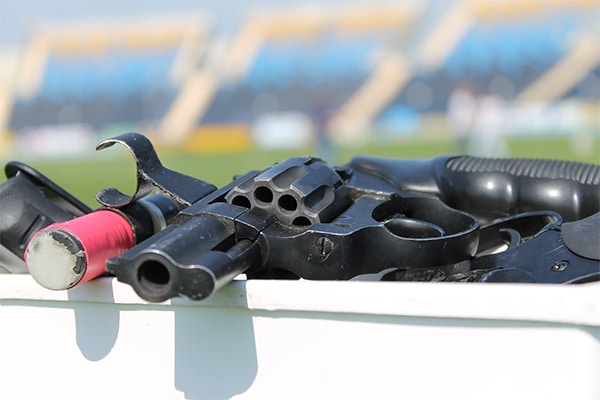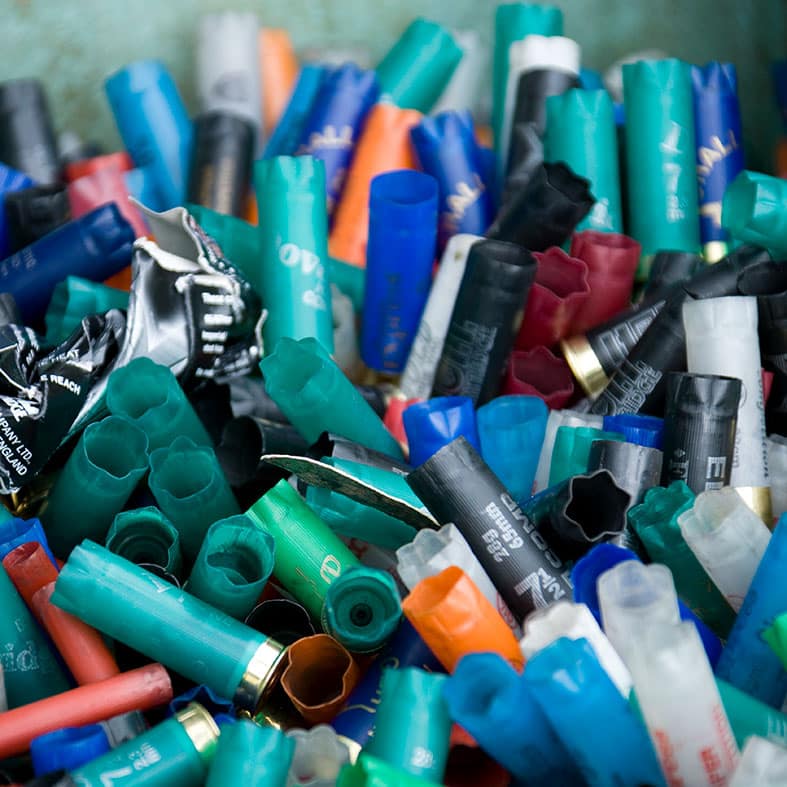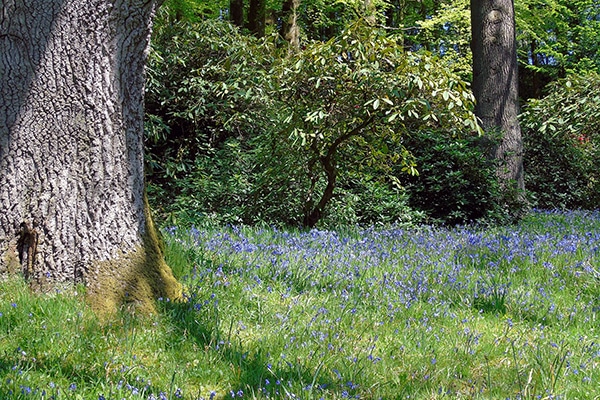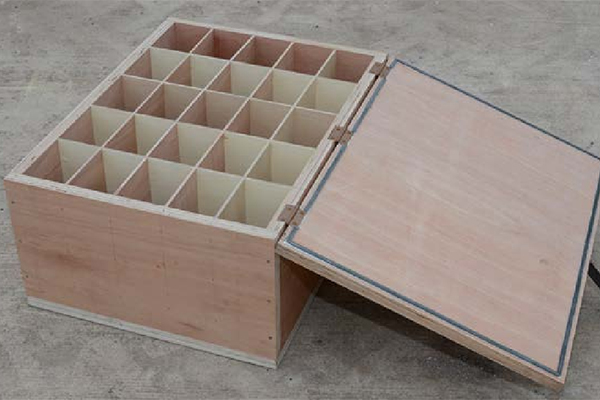
Starting pistols and dummy launchers
Explaining the law on the use of shotguns, rifles and imitation guns (eg. dummy launchers and starting pistols) for noise familiarisation.
Get information on the legal shooting season for mammals and birds in the UK.
Apply for funding for your project or make a donation today
Comprehensive information and advice from our specialist firearms team.
Everything you need to know about shotgun, rifle and airgun ammunition.
Find our up-to-date information, advice and links to government resources.
Everything you need to know on firearms law and licensing.
All the latest news and advice on general licences and how they affect you.


According to guidance from the Environment Agency (EA), spent shotgun cartridges are classed as a ‘Directive Waste’.
The phrase “Directive Waste” refers to European legislation called the Waste Framework Directive. Directive wastes include nearly all household, commercial and industrial wastes.
Directive wastes have to be assessed as to whether they are classed as ‘Hazardous Waste’ or ‘Non-hazardous Waste’ according to a set of criteria under the Waste Framework Directive.
Even though spent shotgun cartridges contain lead (hazardous substance) residues, lead is not present in the quantities required for it to be classed as a ‘Hazardous Waste’.
Spent shotgun cartridges are therefore classed as a ‘Non-hazardous’ waste and are subject to the regulations governing non-hazardous waste.
Local authorities are responsible for the removal and management of domestic household waste. Based on guidance from the EA, small quantities of cartridges can be deposited in normal domestic household waste.
No official policy exists to define the limits of ‘small quantities’, however the EA suggests anything up to 100 cartridges is reasonable.
Local authorities have a duty of care to remove non-hazardous, directive waste, which spent cartridges are. Any problems encountered by the removal of spent shotgun cartridges in your domestic waste needs to be addressed with the local authority responsible.
Disposal of large quantities of spent shotgun cartridges are subject to the new agricultural waste regulations. Under these regulations disposal of large quantities of spent shotgun cartridges by burning or burial is illegal. The EA recommends contacting a local waste recycling company to arrange removal.
Duty of care applies to everyone handling trade waste, which includes commercial shoots. If you break the duty you are liable to an unlimited fine.
Duty of care means that you have to take all reasonable steps to keep the waste safe. For example, safe storage of spent cartridges might be in large bins or a skip. Duty of care also means that the waste must be properly disposed of. That means contacting a company authorised to dispose of it properly.
The easiest way to do this is by entering into a contract with the local authority to take the waste away. You can also give it to a registered waste carrier. There are a few companies who offer this service, for which there is a charge including Agri-cycle and Solway Recycling Ltd.
In addition, waste producers need to sign a waste transfer notice, saying what the waste is and how it is stored.
Contact your local police firearms licensing authority who can collect live or misfired cartridges and dispose of them.
The Health and Safety Executive also provides guidance on disposal of large quantities of live or misfired ammunition. DO NOT dispose of live or misfired cartridges through domestic waste, burial or burning – it is illegal and dangerous.
* No guidance has been issued by the Department of Environment Northern Ireland for disposal of domestic quantities of spent cartridges.
**NB BASC does not accept responsibility for any misinterpretation of guidance. It is the responsibility of members to familiarise themselves with the regulations for each of the countries in the UK. For further information on waste regulations contact the Environment Agency (England and Wales), Scottish Environment Protection Agency (Scotland) or Department of Environment (Northern Ireland). BASC does not accept responsibility for the guidance given or services provided by any organisation listed in this document.
 Agri-cycle is the only company in the UK which is able to recycle all components of a spent shotgun cartridge, 100% of the plastic, metal and paper is taken and used in some way. Agri-cycle can cater for a shoot of any size or type, be that clay or game and provide collection containers depending on the quantity of spent cartridges produced.
Agri-cycle is the only company in the UK which is able to recycle all components of a spent shotgun cartridge, 100% of the plastic, metal and paper is taken and used in some way. Agri-cycle can cater for a shoot of any size or type, be that clay or game and provide collection containers depending on the quantity of spent cartridges produced.
Laporte Clay Shooting offer a joint service alongside Agri-cycle and will collect spent cartridges when delivering their clays to shooting grounds. Agri-cycle ask that the bags are used only for spent cartridges and that they are kept dry either undercover or by being covered by a tarpaulin.
Note that charges are correct as of the time of writing but are subject to change – please contact Agri-cycle for up to date prices
Tower bags
90,000 cartridges
Bag cost: £15 + vat
Collection: £100 + vat + haulage
Size: 1m2 x 2m high
Bulk bag
21,000 cartridges
Bag cost: £10 + vat
Collection: £50 + vat + haulage
Size: 1m3 bag
200l bag
4,200 cartridges
Bag cost: £0.50 + vat
Collection: £95 + vat + haulage (price based on pallet load which fits 6 x 200l bags)
Size: Wheelie bin bag
Bag Type
Number of cartridges
Cost for bag
Collection charge
Size
Tower bags
90,000
£15 + vat
£100 + vat + haulage
1m2 x 2m high
Bulk bag
21,000
£10 + vat
£50 + vat + haulage
1m3 bag
200L bag
4,200
£0.50 + vat
£95 + vat + haulage (price based on pallet load which fits 6 x 200l bags)
Wheelie bin bag

Explaining the law on the use of shotguns, rifles and imitation guns (eg. dummy launchers and starting pistols) for noise familiarisation.

Many parts of the UK are covered by protected sites and permission is likely to be required in order to shoot or manage the land for shooting and conservation.

Storing small quantities of shooters’ powder, water-based explosives, detonators, and detonating cord – External link